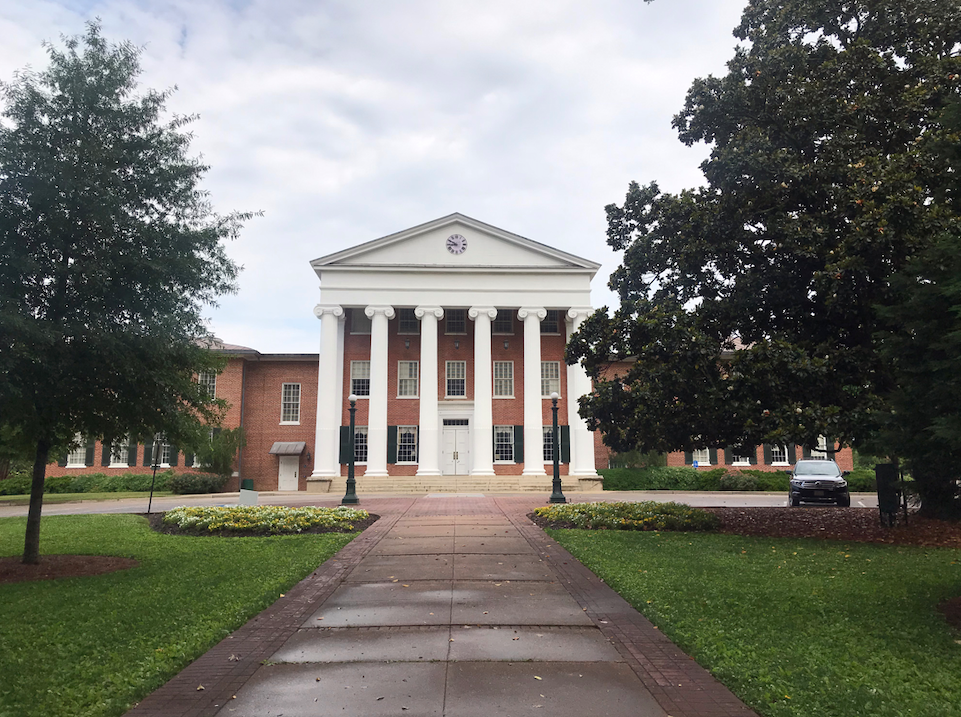Why zoning is better than no zoning
Published 10:44 am Tuesday, January 23, 2018
After living in Northern Virginia for years, my wife and I built one of the first homes in Wellsgate. I’ll not forget late one afternoon in 2002 sitting on the back of Clark Littlejohn’s pickup listening to him, in tears, talk about the county’s lack of building codes.
He opined how bad and unsafe homes in the county were. With deeply genuine empathy for his constituents, he knew if he even hinted codes were needed he would not be re-elected.
The Wellsgate developer asked me to chair a “Home Owner’s Advisory Council” to help guide him in developing Wellsgate. I did, but after a few months we knew he only wanted to show his investors what a wonderful relationship he had with us. He had no interest in our priorities. The best we could do was attend County Planning Commission meetings but neither they nor the Supervisors had authority to disapprove developer plans. Any “wins” were purely political.
Later, I supported County Administer Richard Copp’s draft Sub-Division Regulation. In 2015 it finally included enforceable building codes which now apply to (all) commercial construction and homes inside county approved sub-divisions. It took 13 years but Clark would be happy.
Zoning in America has always been a balancing of power between local and state governments influenced by politics and money. In Northern Virginia I saw locals in action. In 1993, the Disney Corporation decided Virginia needed a “Disney America”. We called it “Disneyland East”; a $1B [2017 dollars] Disney investment on 3000 acres near Haymarket, Va. (pop. 460 at the time) in Prince Georges County.
State leaders rushed to offer $269.5M taxpayer dollars and another $82.5M to improve sewage and water. But surrounding Fauquier and Loudoun counties, along with locals in Prince George County sounded off. The debate raged.
In 1994 the locals won. Disney backed off. Without a legal zoning process to adjudicate local land use issues and ensure equal protection of objecting land-owners, there is no process other than political for objectors to object.
With zoning, local elected officials can exert local control over local land use and fend off State and developer attempts to overwhelm them with politics and money. Land-owners now have a legal venue to fight re-zoning backed by wealthy developers.
It has been 15 years since Clark and I sat on his pickup truck. Yesterday he would have been very proud of our Supervisors.
I am too.
Harley Garrett
Oxford, Miss.





